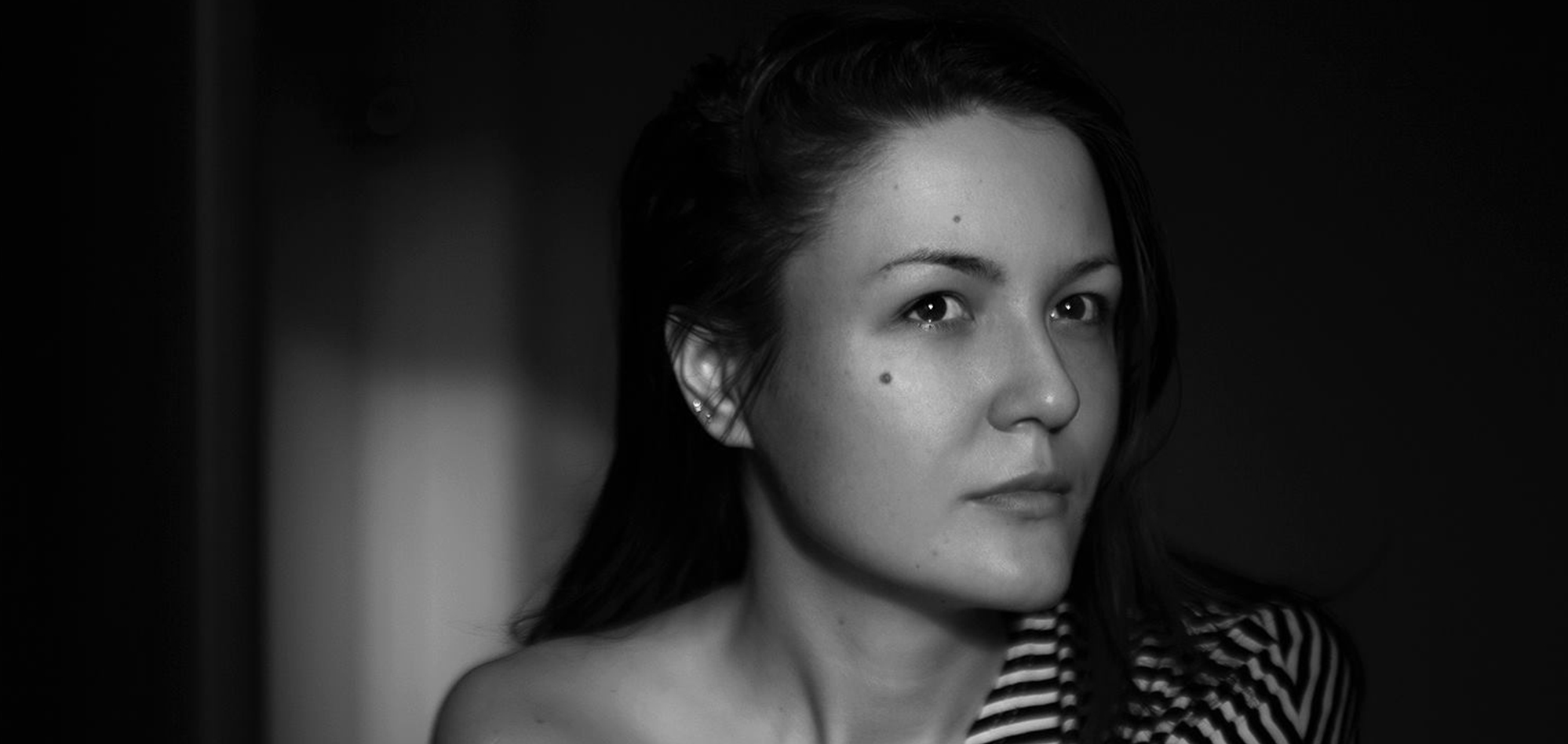Lancashire-born and raised, Libby Burke Wilde has established a reputation as a versatile director of music videos, creative content and short films. Her latest short “Absent” won two Silver Screen Awards at the 2020 Young Directors Award, along with Bronze at Kinsale and Gold at the Gerety awards. She strives to make work that drives social change and questions historic gender roles. “Tinned Pears,” her second narrative short, was made with Chefs in Schools, a charity based in Hackney that is working tirelessly, along with many others, to end child food poverty.
Within the framework of this year’s 16 DAYS 16 FILMS initiative created by Modern Films and the Kering Foundation, a short film competition that platforms female filmmakers and their films, which explore, emote, and educate on forms of violence against women, Tara Karajica talks to Libby Burke Wilde about her short film, “Absent,” as well as her thoughts on the short form, women in film today and what she is up to next.
How did you get into filmmaking and what inspires you to make films?
Libby Burke Wilde: I got into filmmaking through a mix of photography and music. I loved going to gigs and ended up taking pictures for bands and then touring with them – Royal Blood for most of 2014. It was a time when the 5D reigned supreme and shallow depth of field was readily available to us all. I think a lot of photographers at that time used the 5D to cross over into filmmaking. Lots of things inspire me to make films. I think once you start making films you are passionate about, there isn’t really an off button. So, I suppose people inspire me. Meeting new people and putting myself in situations where I get to hear people’s stories is endlessly fascinating to me.
Can you talk about your short film Absent?
L.B.W.: Absent is based on multiple true stories that were merged into one film. We wanted the message to be twofold. Firstly, to raise awareness about period poverty in the UK, and secondly to break the stigma surrounding periods by showing that talking about periods is OK. It’s not dirty, it’s not shameful, it’s natural and it’s important for people not to shy away from the discussion. Freedom4girls, who we made the film for, is a charity I have known and respected for a long time. It is run by my friend and the producer of Absent’s mom, so I have followed their work for a number of years now. We had spoken about making a film for a while, but wanted to make sure it was told right. A lot of people don’t know period poverty exists in the UK, let alone how prevalent it is. There is still so much stigma attached to periods in general, so it makes it hard for people to talk about period poverty. We thought a short film was the most accessible way to reach audiences.
How do you see the short form today?
L.B.W.: I see it as an accessible asset. I love short films. Platforms such as Vimeo and Instagram bring filmmaking to a wider audience which I think is great. Films shouldn’t be hidden away – the more people who get to see them the better.
What is your opinion on the situation of women in film today?
L.B.W.: It’s getting better, but it’s not nearly equal. More visibility of women behind the camera can only be a good thing for younger generations, too.
Who is your favorite female filmmaker and what is your favorite film by a female filmmaker?
L.B.W.: My all-time favorite is probably Andrea Arnold, but there are so many others. I am really excited to see what Alma Har’el and Greta Gerwig do next. I am also a huge fan of Aoife McArdle and Stella Corradi’s work. Favorite film…? That’s too hard a question to answer!
What are your next projects?
L.B.W.: I just put out a short film, Tinned Pears, that’s part of the “End Child Food Poverty” campaign. I also have a couple of short films in the works and a music video that is currently being edited. Other than that, I am looking for more stories!
This interview was conducted within the framework of the 2020 16 DAYS 16 FILMS initiative created by the Kering Foundation and Modern Films.










